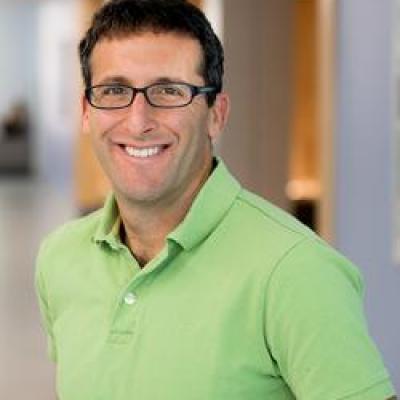
Wednesday, April 29, 2020
Noon to 1:00 pm
Biography
Stephen Porder came to Brown in 2007, following a postdoctoral fellowship at Stanford University. His work focuses on the interdisciplinary investigation of terrestrial ecosystems. By combining ecology, biogeochemistry, and geology, his work investigates how the earth works, what humans are doing to alter those functions, and what the consequences may be for its inhabitants and ecosystems. He earned his PhD in biological science from Stanford, his MS in geology from the University of Montana, and his BA in history from Amherst College.
What controls the amount of life on Earth? It’s a question rarely thought through, even by people familiar with biology. On a verdant day in summer, it feels as if there is no limit. On a cold day in winter, the constraints become more visceral. This intuition is not wrong – the amount of sunlight hitting the earth is the primary energy source for almost all life. But even plants, which use the energy from sunlight to build sugars, proteins and other organic molecules that make up their tissues, do not depend on the sun’s energy alone. Like us, they need water and nutrition. What, then, ultimately limits the amount of life on Earth? Is it the availability of light? Of water? Of nutrients? Can organisms evolve ways to overcome those limits? And what happens to the planet if they do?
This is a talk about those constraints, and the few times organisms have evolved radically innovative ways of overcoming them. It will focus on four master regulators of life on earth: two nutrients (nitrogen and phosphorus), energy (carbon) and water. Amazingly, there have only been a few times in the four billion year history of life that a group of organisms evolved a new way to gather these critical components. Professor Porder will tell the story of the three most famous: cyanobacteria, plants, and humans. Each evolved new ways of obtaining these master regulators. This leap gave the first two groups an incomparable advantage in obtaining food and energy, but led directly to global environmental catastrophes that wiped out much of life on Earth. Now humanity stands on a similar precipice. How we got there is a story of ingenuity, luck, and the complex chemical web that unites all life on earth.
